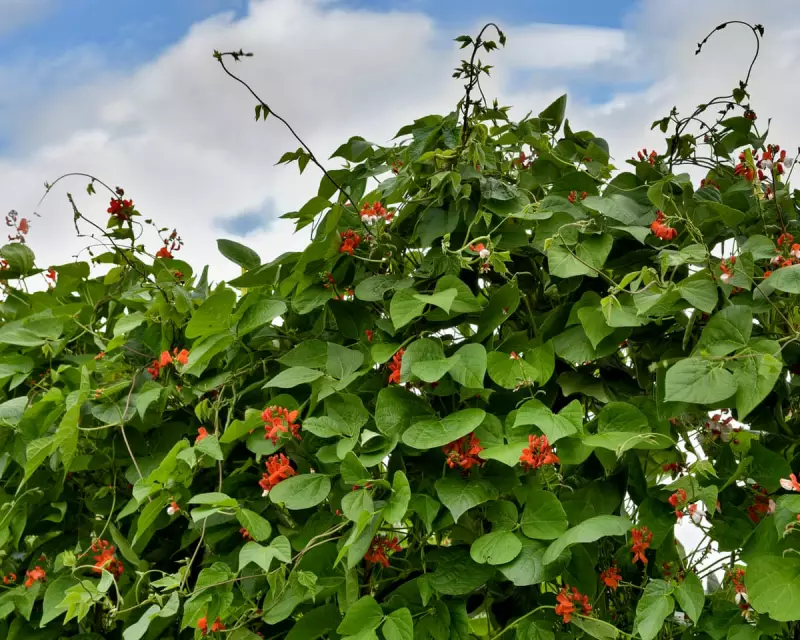
For four decades, through countless British summers, the ritual remained unbroken: the careful sowing, the patient tending, and finally, the triumphant harvest of a thriving bean crop. This year, that forty-year streak of horticultural success has been shattered, defeated not by pests or poor soil, but by an unrelenting and unprecedented drought.
A seasoned gardener, whose green fingers have coaxed life from the earth since the 1980s, is now confronting empty beds and parched earth. The familiar rhythm of the growing season has been disrupted by a profound water shortage, leaving once-reliable plants stunted and barren.
The Unyielding Dry Spell
This isn't a simple tale of a few wilted plants. The current drought represents a fundamental shift in the UK's climate patterns. Where gentle rain and moderate temperatures were once a given, gardeners now face prolonged heatwaves and severely restricted water resources.
The evidence is in the soil—cracked, dry, and utterly inhospitable to the delicate roots of bean plants. Without adequate moisture, the plants cannot absorb nutrients, leading to yellowed leaves, failed flowers, and ultimately, a complete absence of the coveted pods.
A Personal Loss with a Broader Meaning
This personal gardening failure is a microcosm of a much larger, national crisis. It signals a alarming new reality for Britain's beloved gardening culture and its food security.
The implications are profound:
- Homegrown produce becomes a greater challenge, potentially increasing reliance on imported goods.
- Traditional gardening knowledge, built over generations, is suddenly rendered obsolete by rapidly changing conditions.
- The very essence of the British garden, a symbol of nurture and abundance, is under threat.
Adapting to a New Normal
The question now is not if the climate is changing, but how gardeners and the agricultural sector will adapt. This story serves as a crucial wake-up call, highlighting the urgent need for:
- Investment in water conservation techniques, such as rainwater harvesting and drip irrigation.
- A shift towards planting more drought-resistant crop varieties suited to a warmer Britain.
- A national conversation about sustainable water use and the tangible effects of the climate crisis in our own back gardens.
The empty bean patch is more than just a failed crop; it is a silent, powerful testament to the fact that the climate crisis is no longer a distant threat. It is here, it is real, and it is already changing the way we live—and grow—in the UK.





